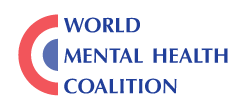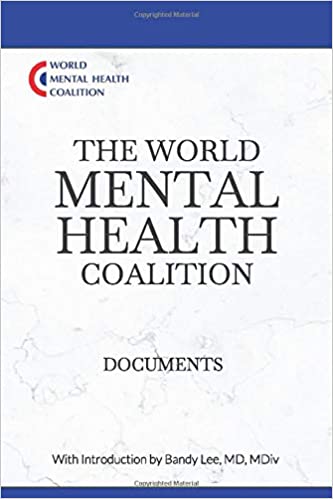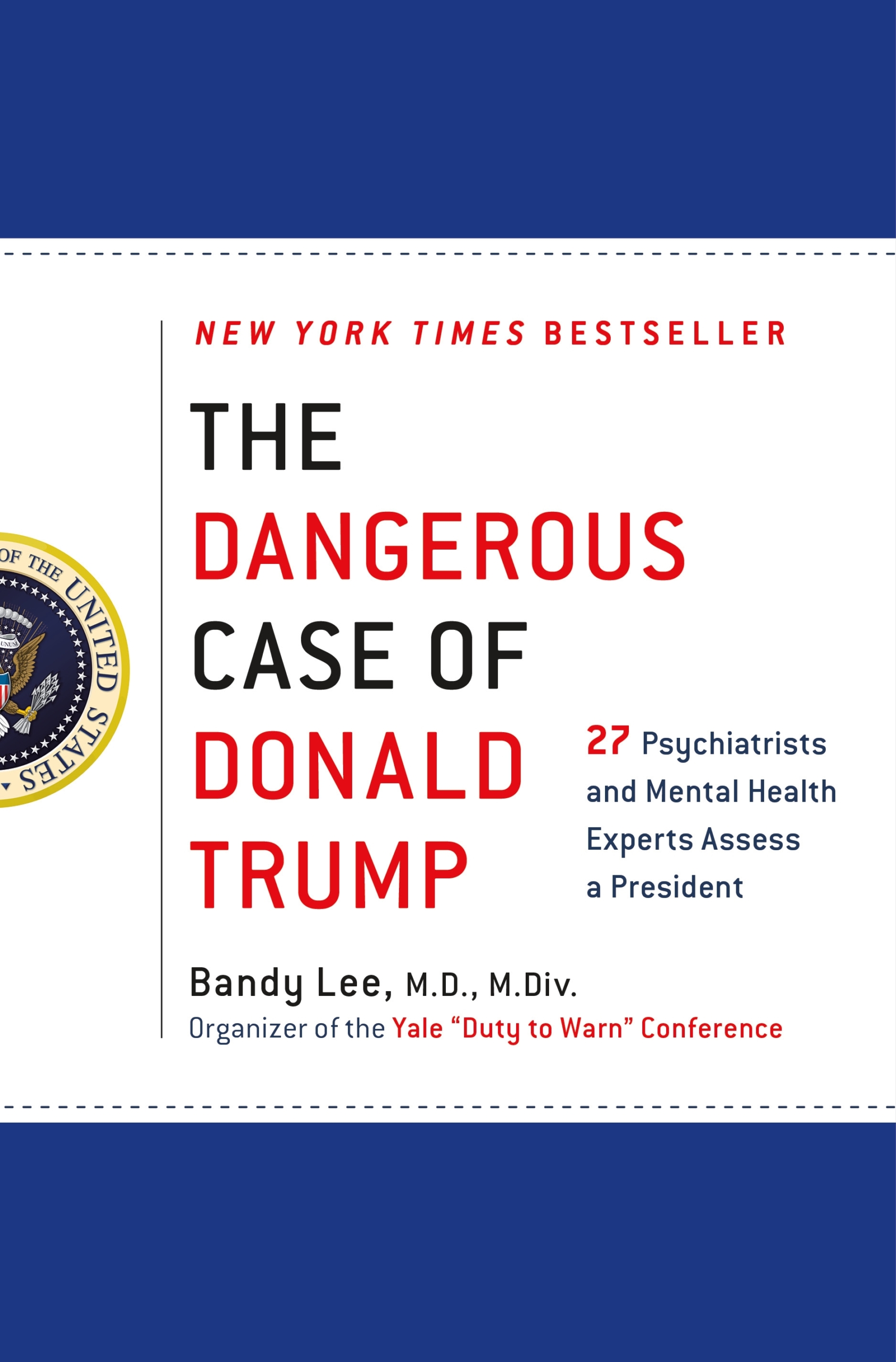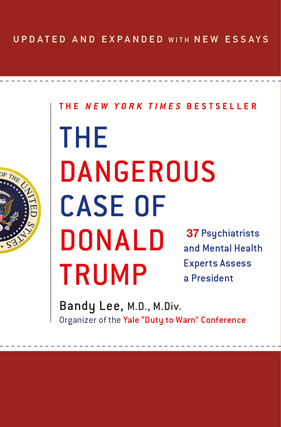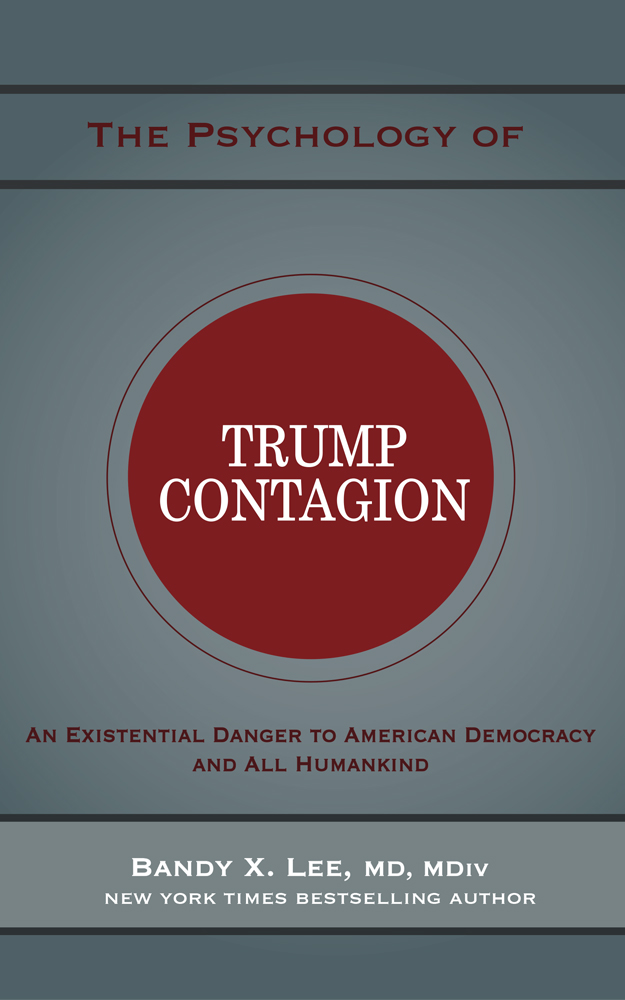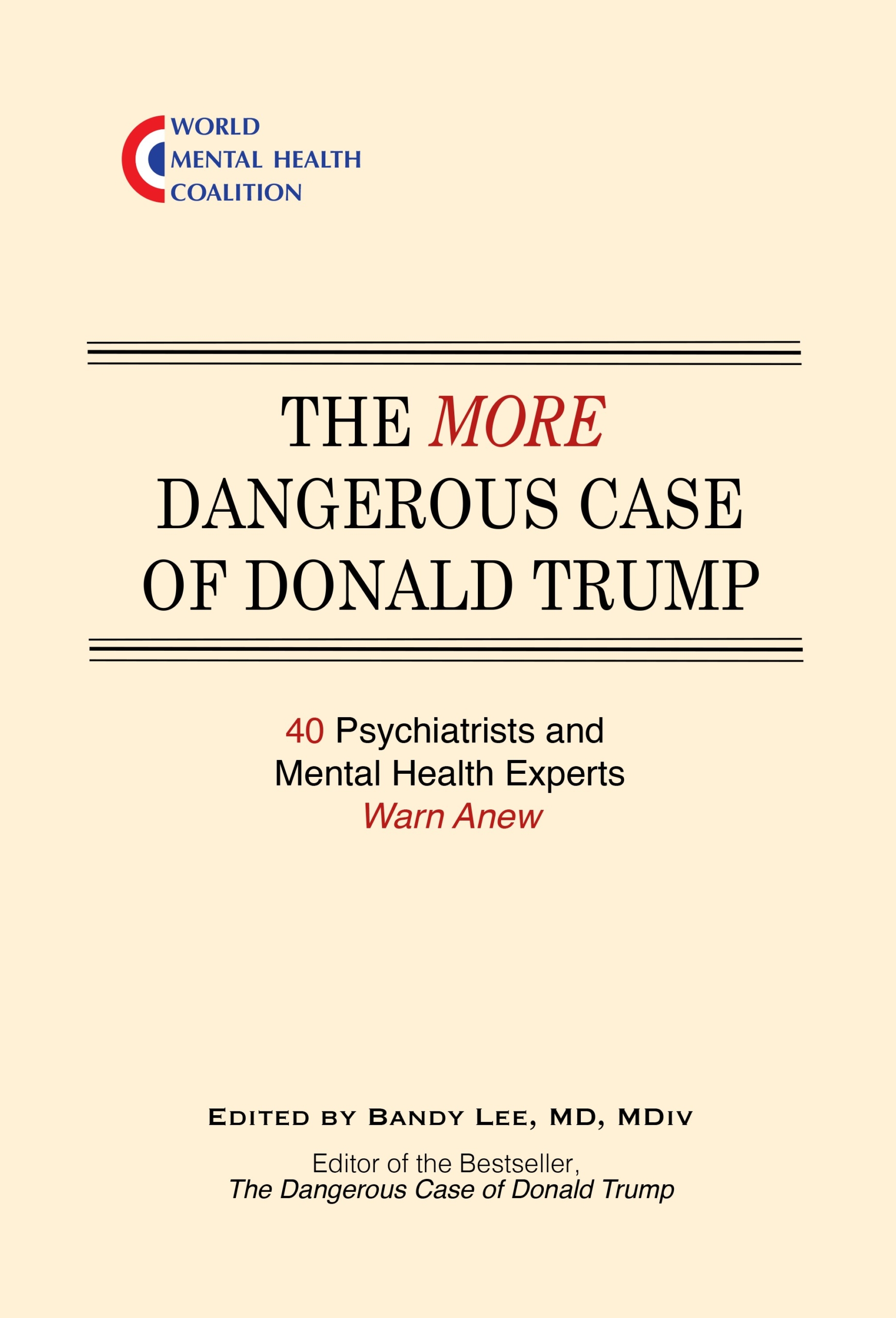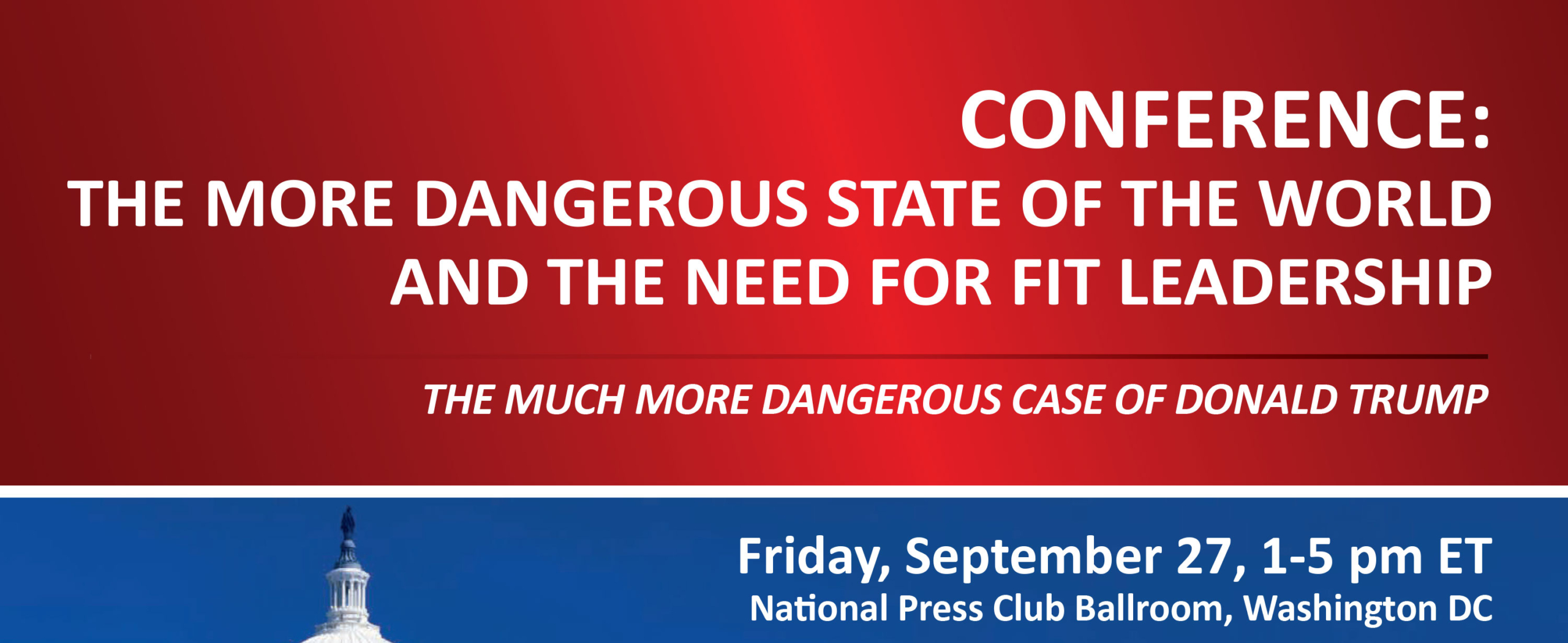Statement on Cognitive Concerns in the Presidential Election
We are a group of medical and mental health professionals with expertise in aging, mental fitness, and how these relate to the capacity for leadership and ensuring our national security. We feel an obligation to express concerns about the manifestations of poor cognitive function in former President Donald J. Trump.
While we cannot make a formal diagnosis without direct examination, his repeated public behaviors and speeches demonstrate strong evidence of significant cognitive decline, aligned with common signs of an early dementia, and include:
o Deterioration in language skills, such as simpler vocabulary, incomplete and incoherent sentences, grammatical errors, and paraphasias (substituting words)
o Impaired memory/recall, such as confabulation, where memory gaps are filled with false or fabricated details
o Tangential thinking, where speech often drifts to unrelated topics in an erratic manner
o Inappropriate or vague statements that lack connection to reality
o Perseveration, where thoughts or ideas are repeated without a relevant trigger
o Rigidity in thinking, evidenced by an inability to adapt or revise opinions, often manifesting as “doubling down”
o Amplification of maladaptive personality traits, such as paranoid (invented threats), narcissistic (excessive focus on self), or antisocial (criminal and dangerous) personality traits
o Disinhibition in speech, such as the frequent use of vulgar, profane language or hate speech
o Disinhibition in behavior, such as impulsive decision making or aggression and violence
We believe these observable and repeated behaviors warrant public awareness of their implications. The multiple signs and symptoms we have observed in Mr. Trump comprise critical information for America’s 2024 presidential voters. We submit this informed opinion by fifty (50) nationally renowned professionals in the interest of public trust and safety.
Voters should consider these facts.
Sincerely,
[Names on File – Please inquire for more information.]
[Names on File – Please inquire for more information.]



